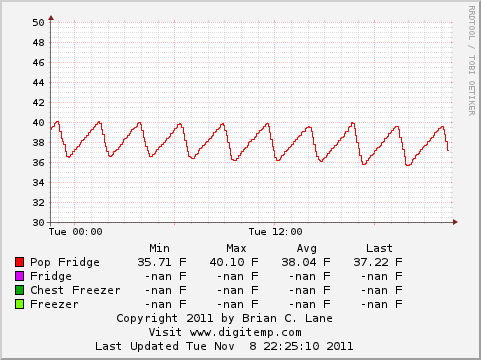Deploying clortho with ansible and venv
I have started using Ansible to manage the few services that I still have running around here. I want to deploy clortho to a user on the system I use for serving up movies to my Roku players . I need to copy the source, setup a venv with the dependencies (aiohttp ), and setup a systemd unit to make sure it is started at boot time.
As of Python 3.3 the core library includes support for venv , and Python 3.4 added default installation of pip so that now the only support you need on a target system is the core Python 3.4 build. Everything else can be done inside a venv.
